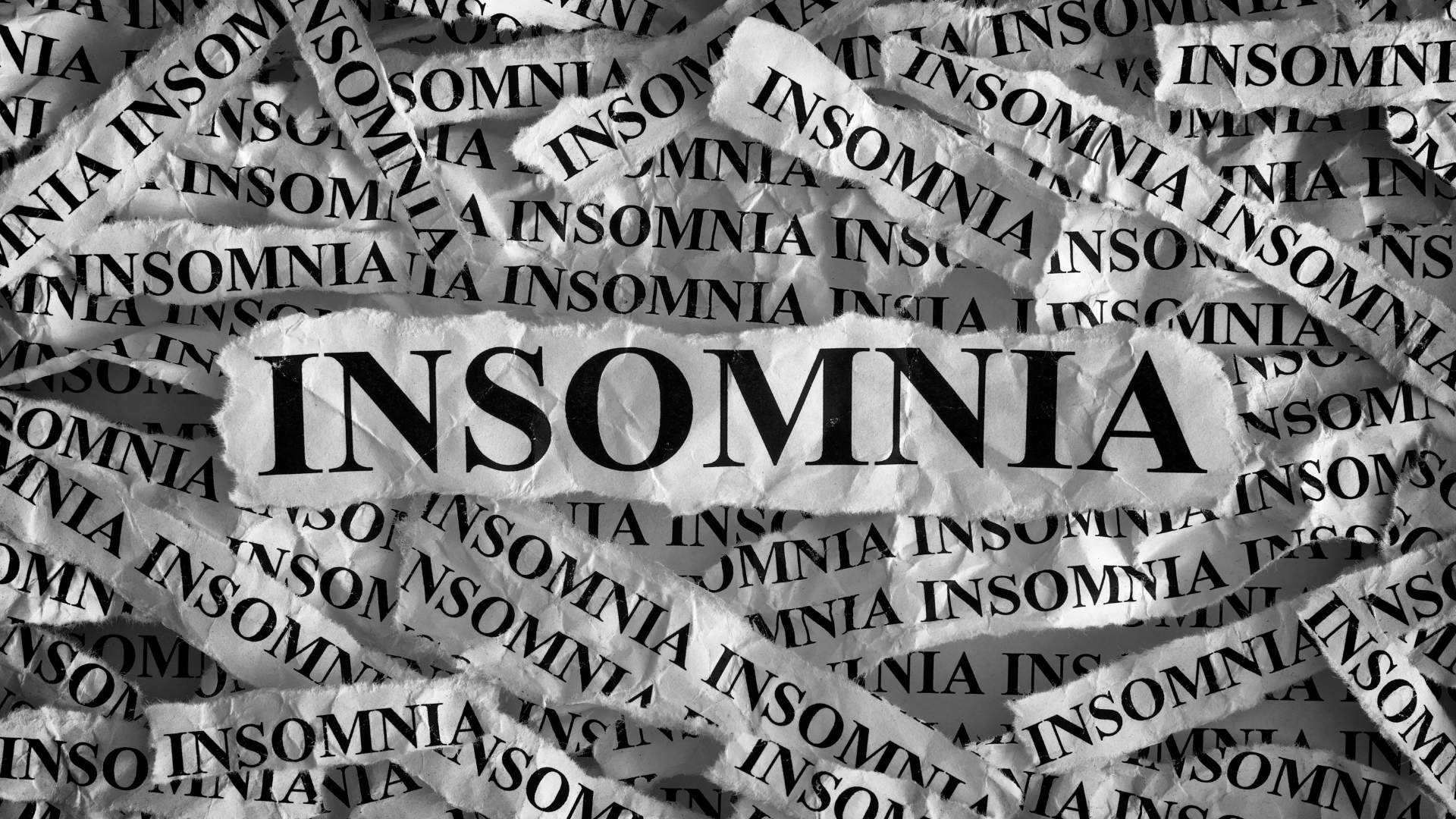Beat Insomnia Tonight: Proven Strategies for Better Sleep

Conquering the Night: A Multi-Pronged Approach to Alleviating Insomnia
Insomnia, the persistent inability to fall asleep or stay asleep, can be a nightmare. It disrupts your daily life, leaving you feeling exhausted, irritable, and struggling to concentrate. But there’s hope! By incorporating a multi-pronged approach that tackles your sleep hygiene, lifestyle habits, and underlying anxieties, you can reclaim your nights and wake up feeling refreshed.
Crafting a Sleep Sanctuary: Mastering Sleep Hygiene
- Schedule Like Clockwork: Our bodies thrive on routine. Set a consistent sleep schedule, going to bed and waking up at the same time each day, even on weekends. This helps regulate your body’s natural sleep-wake cycle, known as your circadian rhythm. Sticking to a schedule, even if you don’t fall asleep immediately, signals to your body that it’s time to wind down.
- The Power of Ritual: Develop a relaxing bedtime routine that tells your body it’s time to prepare for sleep. This could include taking a warm bath infused with calming lavender essential oil, reading a few chapters of a lighthearted book, or listening to meditative music. Avoid stimulating activities like watching TV, scrolling through social media, or working on your laptop for at least an hour before bed. The blue light emitted from electronic devices can suppress melatonin production, a hormone that signals sleepiness.
- Transform Your Bedroom into a Sleep Oasis: Your bedroom should be a sleep sanctuary, designed to promote relaxation and tranquility. Ensure it’s dark by investing in blackout curtains or an eye mask. Block out any noise with earplugs or a white noise machine. Keep the temperature cool – ideally between 60 and 67 degrees Fahrenheit. Invest in a comfortable mattress and pillows that provide proper support for your body.
Lifestyle Habits for a Restful Night's Sleep
- Move Your Body, But Wisely: Regular exercise is a fantastic sleep aid. Engage in moderate-intensity physical activity most days of the week, but avoid strenuous workouts close to bedtime. Exercise helps tire your body out in a healthy way, promoting deeper sleep later. However, avoid that intense spin class right before bed, as it can leave you feeling energized and wired.
- Fuel Your Body for Sleep: What you eat and drink can significantly impact your sleep quality. Avoid heavy meals, sugary drinks, and spicy foods within a few hours of bedtime. These can cause heartburn, indigestion, and discomfort, making it difficult to fall asleep. Opt for a light, healthy dinner earlier in the evening.
- Be Mindful of Stimulants: Reduce your intake of caffeine and nicotine, especially in the afternoon and evening. Caffeine can stay in your system for several hours, so avoid that afternoon latte and switch to herbal tea after lunch. Nicotine is a stimulant that can disrupt sleep, so consider quitting smoking altogether or talking to your doctor about a smoking cessation plan.
- Alcohol: A Double-Edged Sword: While a nightcap might seem like a good way to unwind, alcohol disrupts sleep quality later in the night. You might fall asleep faster after an alcoholic drink, but you’re more likely to experience fragmented sleep and wake up feeling unrested.
Calming Your Mind and Body for Sleep Success
- Tame the Tresses of Worry: Stress is a major culprit behind insomnia. If worries and anxieties are keeping you up at night, try relaxation techniques like meditation, yoga, or deep breathing exercises before bed. Mindfulness meditation helps quiet the chatter in your mind, while yoga promotes relaxation and stretches out any tension you might be holding onto. Deep breathing exercises slow your heart rate and signal to your body that it’s time to wind down.
- Cognitive Behavioral Therapy (CBT): This form of therapy can be a powerful tool for combating insomnia. CBT helps identify and change negative thoughts and behaviors that contribute to sleep problems. A therapist can teach you relaxation techniques, cognitive restructuring (reframing negative thoughts), and sleep restriction therapy (gradually increasing the amount of time you spend in bed).
When to Seek Professional Help
If you’ve implemented these strategies and your insomnia persists for more than a few weeks, consult a doctor. They can rule out any underlying medical conditions that might be contributing to your sleep problems, such as sleep apnea, chronic pain, or depression. They can also recommend further treatment options, which may include prescription sleep medications or additional CBT sessions.
Remember, conquering insomnia is a journey, not a destination. By incorporating these tips into your routine, creating a sleep-supportive environment, and addressing any underlying anxieties, you can finally vanquish the night and wake up feeling like your best self.
you may also read
do you want to say something to the shy dinosaur ?
Remember, I’m shy so don’t say too many nice things to me, I might lose my consciousness.




